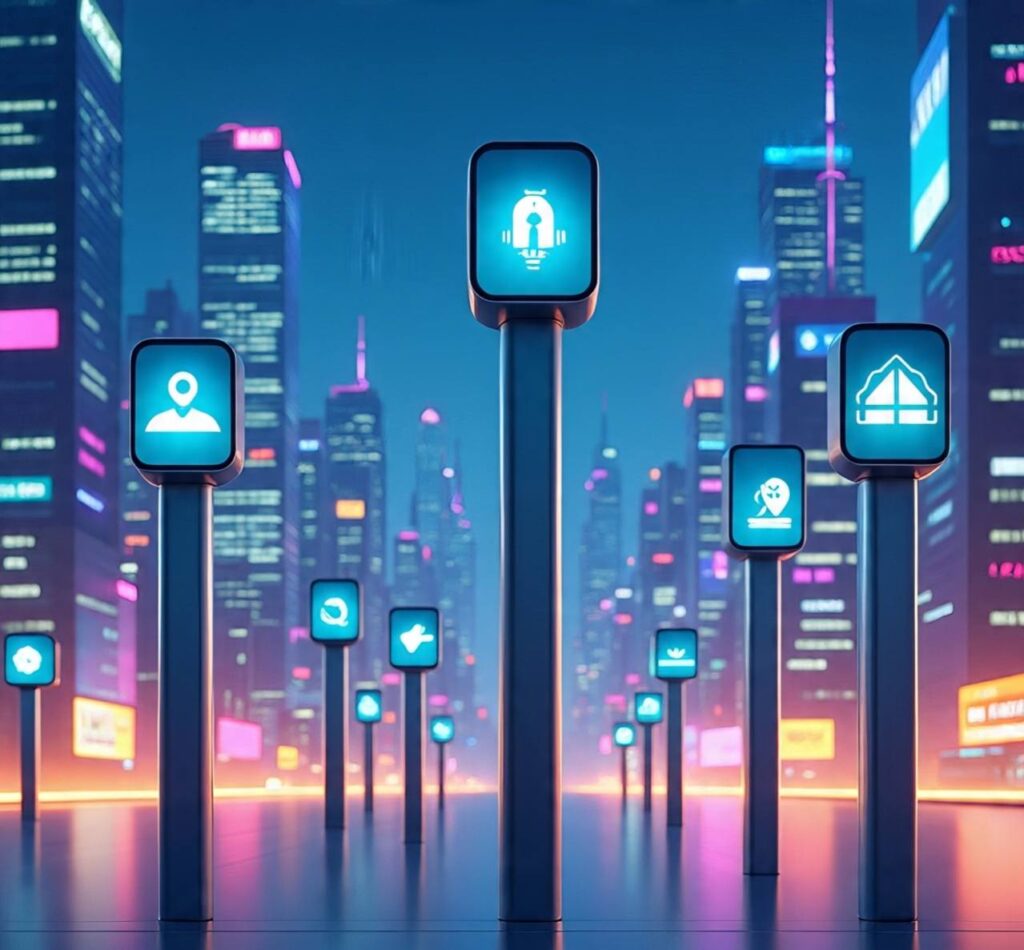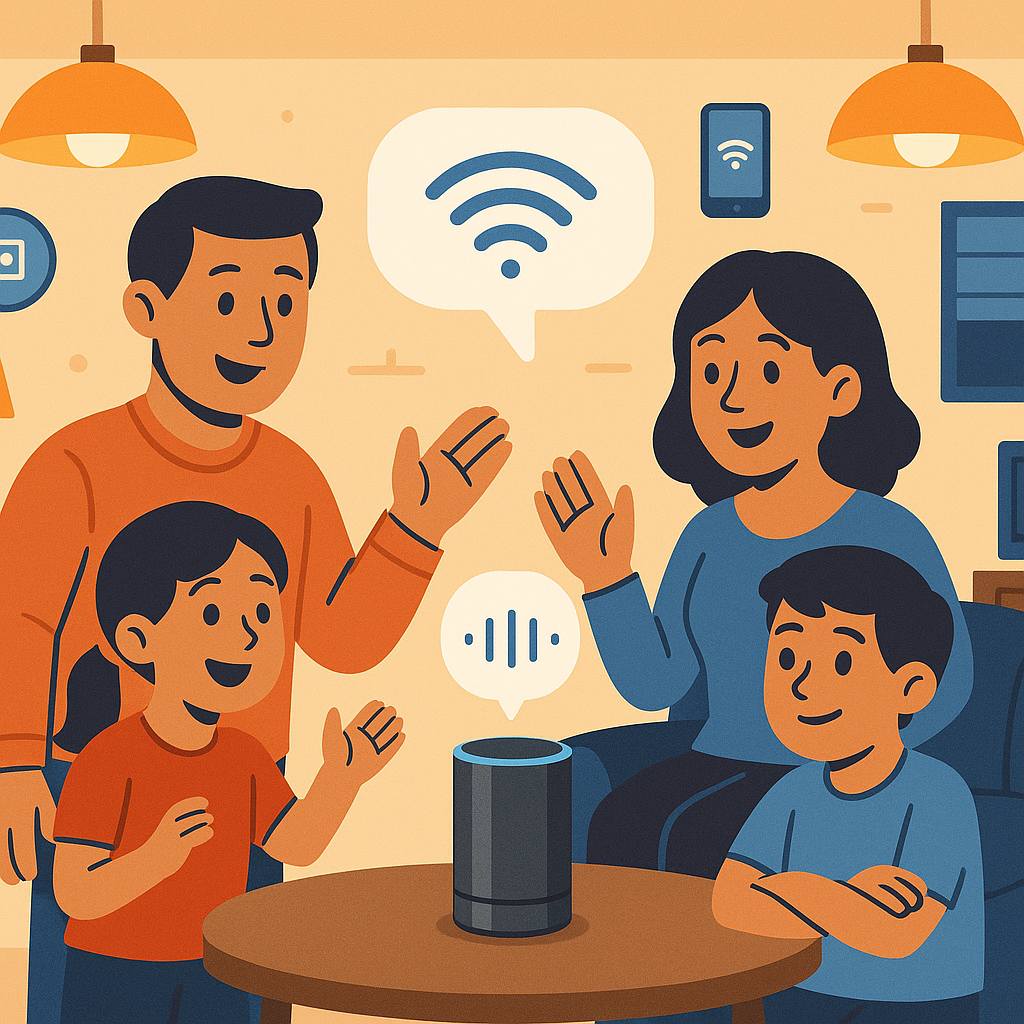
Artificial intelligence (AI) is no longer limited to science fiction stories. It has become embedded in our mobile phones, homes, offices, hospitals, and even the streets. By 2025, 1.5 billion users worldwide will be using AI tools every day, including chatbots, personal assistants (like Siri, Alexa), and recommendation systems (like Netflix or Spotify).A surprising example When you search for images by typing “beach” on your mobile phone, AI selects the ones that resemble a beach from the millions of images on your phone — all thanks to image recognition technolog.
1: What is artificial intelligence? History and Basic Concepts Definitions and Types Narrow AI Expert in specific tasks (Example: Google Search, Face Knowledge). Strong AI (General AI): Keeping human level of intelligence (now in the research stages).Historical milestone year Event 1950 | Alan Touring’s “Touring Test” theory | 1997 | IBM Deep Blue Defeats World Champion in Chess | | 2024 | Microsoft’s announcement of “Personal Agents”.

2: How does AI work? Bases of Technology AI’s engine runs on the following technologies: 1. Machine Learning (ML) Learning from data (eg: identification of spam emails). 2. Deep Learning:* Identifying complex patterns with the help of neural networks imitating the human brain (eg: facial recognition). 3. natural language processing (NLP) To understand human language (example: chat GPT). > Inform the truth When you go to Google “How is the weather in Pakistan?” Asking, NLP gives your question the correct answer by decoding your question.
5 important areas of AI in daily life
1. Health and Medicine-Identifier of tumors: AI Analyzes medical scans and makes cancer detectable 10 times faster than humans. Personal advice:Watch apps monitor heart rate, sleep and blood sugar levels.
It has also given a new dimension to medical science. Modern machines are helping in the early diagnosis of diseases, such as the use of AI in reading X-rays or MRI scans. Robotic surgery is now a reality, making treatment safer by reducing human errors.
2. Home use – Smart Home: Controlling lighting, air conditioners and safety systems from Alexa or Google Home. – Home Robot: Robots like Romeba clean the floor, while modern models also help in cooking.
Education
- Personalized learning: AI platforms like Khan Academy analyze students’ weaknesses and provide specific exercises.
- Automated grading: AI grades written answers to save teachers time.
4. Transportation
- Automated vehicles: Companies like Tesla are enabling vehicles to drive autonomously with the help of AI.
- Traffic management: AI controls traffic lights in smart cities to reduce congestion.
5. Business and industry
- Customer service: Chatbots solve customer queries 24/7.
- Inventory management: Companies like Amazon use AI to predict demand for goods and control stock.
Impact on employment and the economic systemWhile AI has created many conveniences, it has also become a challenge for employment. Traditional jobs such as data entry, call center or customer service are gradually being transformed into automated systems. But at the same time, new fields are also emerging such as AI development, data science, cyber security, etc.
4: Challenges and ethical questions -Job loss: Estimates suggest 85 million jobs will be affected by 2030.
Bias: AI decisions can be biased by training data (example: racial bias in the hiring process). – Data privacy: How is your personal information being used? > Famous wise question: > “If an autonomous vehicle were to get into an accident and either hit a pedestrian or one of its passengers, what would the AI decide?
Part 5: Future trends (2025 and beyond) 1. Personal AI assistants: Microsoft’s “personal agents” will automatically manage your emails, schedules, and projects. 2. Medical revolution: AI’s role in gene therapy and disease prediction. 3. Revolution in Education: Virtual tutors will deliver content tailored to each student’s learning style.
Conclusion: Learn to live with humanity Instead of considering artificial intelligence as an enemy, we need to embrace it as a powerful tool. As educationist Dr. Irfan Siddiqui says: > “AI will not replace humanity, but will enhance its capabilities — if we use it responsibly.”
Let’s pledge to use AI for the betterment of humanity!!!
https://aiindex.stanford.edu
https://www.who.int/digital-health
https://openai.com/research
